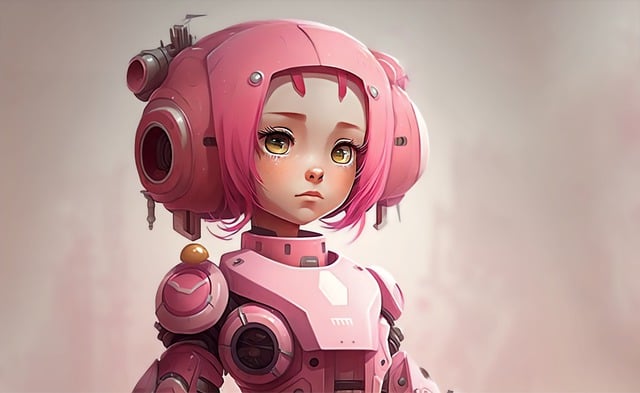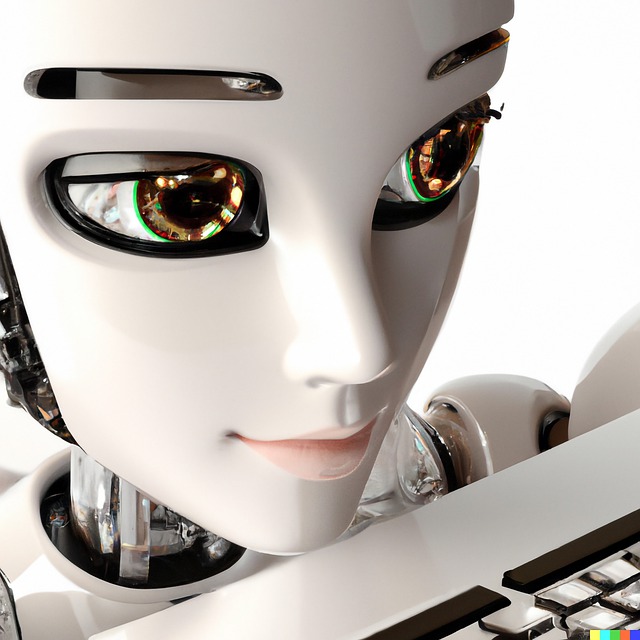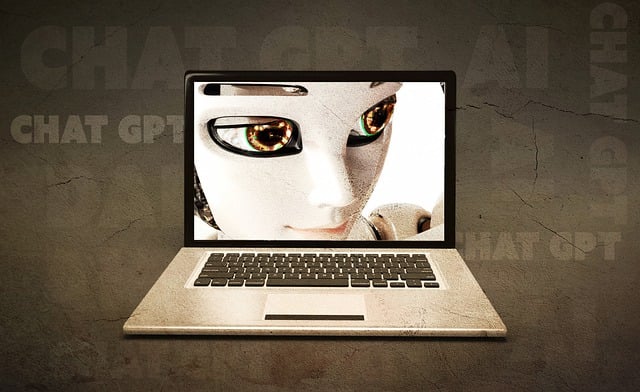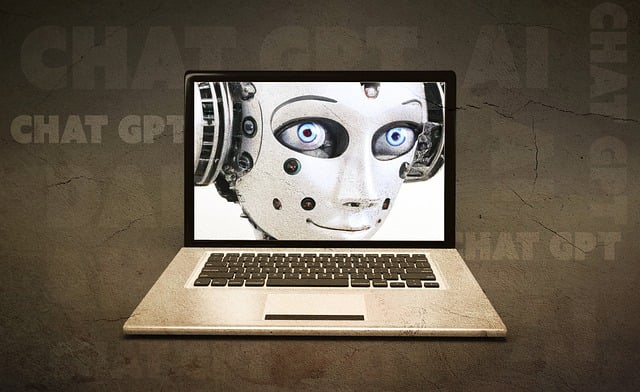Section 1: Introduction
Technology has become an integral part of our lives. From smartphones to self-driving cars, we have seen a rapid advancement in technology that has transformed the way we live and work. One such technology that has been gaining immense popularity in recent years is Artificial Intelligence (AI). Initially, AI was primarily associated with tasks such as data analysis and automation. However, with advancements in deep learning and natural language processing, AI is now being used for creative tasks such as writing. This has opened up a whole new world of possibilities, where AI is now capable of writing beyond human capabilities.
Section 2: Unlocking the Potential of AI for Creative Writing
The use of AI for creative writing has been a topic of debate among writers and technology experts. While some argue that AI can never replace human creativity, others believe that it can enhance it. The truth lies somewhere in between. AI technology is not here to replace human writers, but rather to assist them in reaching their full potential. One of the most significant advantages of AI in creative writing is its ability to analyze vast amounts of data and generate unique ideas. This can be particularly useful for writers who may be facing writer’s block or struggling to come up with new ideas.
Moreover, AI can also help in the editing and proofreading process. With its advanced algorithms, AI can identify and correct grammatical errors, spelling mistakes, and even suggest improvements in sentence structure. This can save writers a significant amount of time and effort, allowing them to focus on the creative aspect of their writing. Additionally, AI can also assist in research by quickly gathering information and data from various sources, helping writers to create well-informed and accurate content.
Section 3: The Role of AI in Redefining Innovation
The use of AI in creative writing is not just limited to assisting writers; it is also redefining the way we think about innovation. With AI technology, writers can now explore new genres and styles of writing that were previously considered out of reach. For instance, AI can generate poetry, fiction, and even screenplays. This has opened up a whole new world of possibilities, where writers can experiment and push the boundaries of traditional writing.
Furthermore, AI can also help in creating personalized content. With its ability to analyze vast amounts of data, AI can understand the preferences and interests of readers and tailor content accordingly. This can be particularly useful for businesses and marketers who are looking to create targeted and engaging content for their audience. This not only saves time and resources but also helps in creating a more personalized and impactful experience for readers.
Section 4: Maximizing Creativity: The Power of AI Technology
One of the most significant concerns surrounding the use of AI in creative writing is the fear of losing the human touch in writing. However, AI technology is not here to replace human creativity, but rather to enhance it. With AI, writers can now focus on the creative aspect of their writing, while leaving the tedious and time-consuming tasks to the technology. This can lead to a more efficient and productive writing process, allowing writers to maximize their creativity.
Moreover, AI technology is constantly evolving and learning. This means that it can adapt to the writing style and preferences of individual writers. Over time, AI can understand the nuances of a writer’s style and help in creating content that is in line with their unique voice and tone. This not only saves time but also ensures consistency in writing.
In conclusion, the use of AI in creative writing has opened up a whole new world of possibilities. It is not here to replace human writers, but rather to assist them in reaching their full potential. With its advanced algorithms and ability to analyze vast amounts of data, AI technology is redefining the way we think about innovation and creativity. As technology continues to advance, we can expect to see even more exciting developments in the field of AI and creative writing. So, let us embrace this technology and unlock its full potential to take our writing beyond human capabilities.











